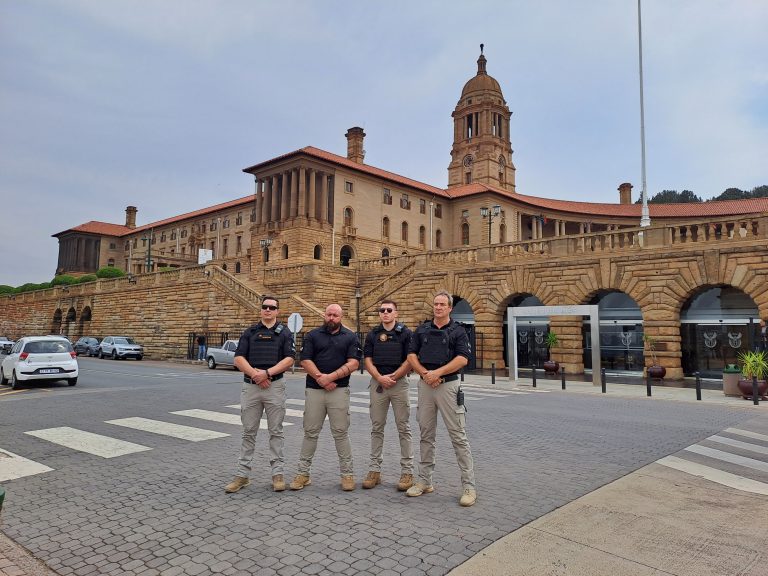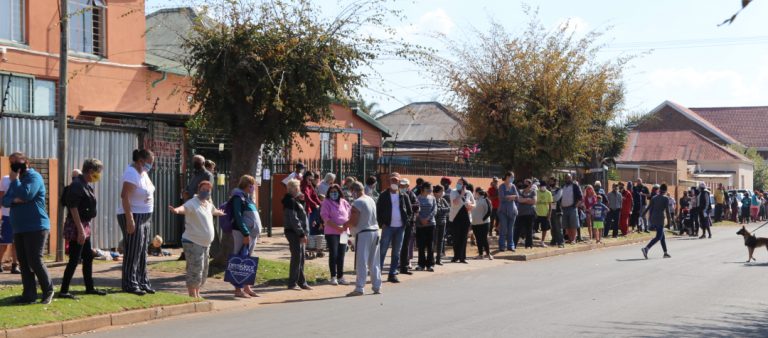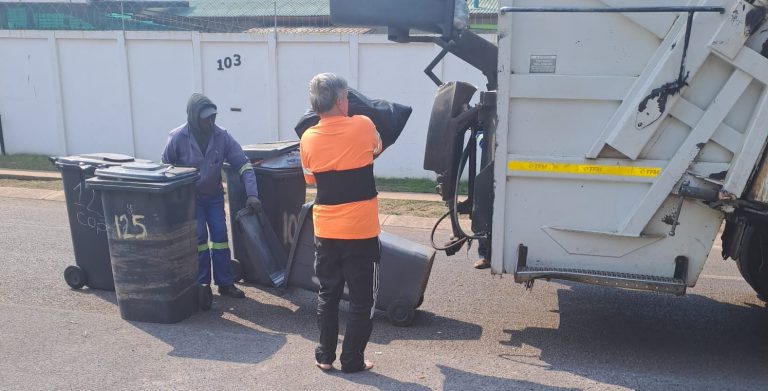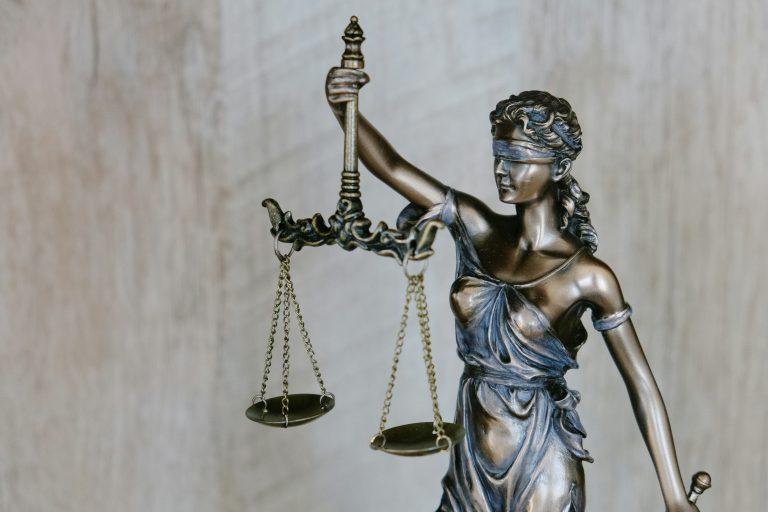Forget about race; we’ll continue to cut grass (and do much more) in Tshwane Metro – AfriForum
During a pothole repair project in Monument Park today, AfriForum demonstrated the tangible benefits of the memorandum of understanding (MOU) with the Tshwane Metro for the city’s residents. In response to criticism of the MOU and the Tshwane mayor’s request for talks on it, the civil rights organisation also announced its five-pronged position on cooperation in this and other municipalities.
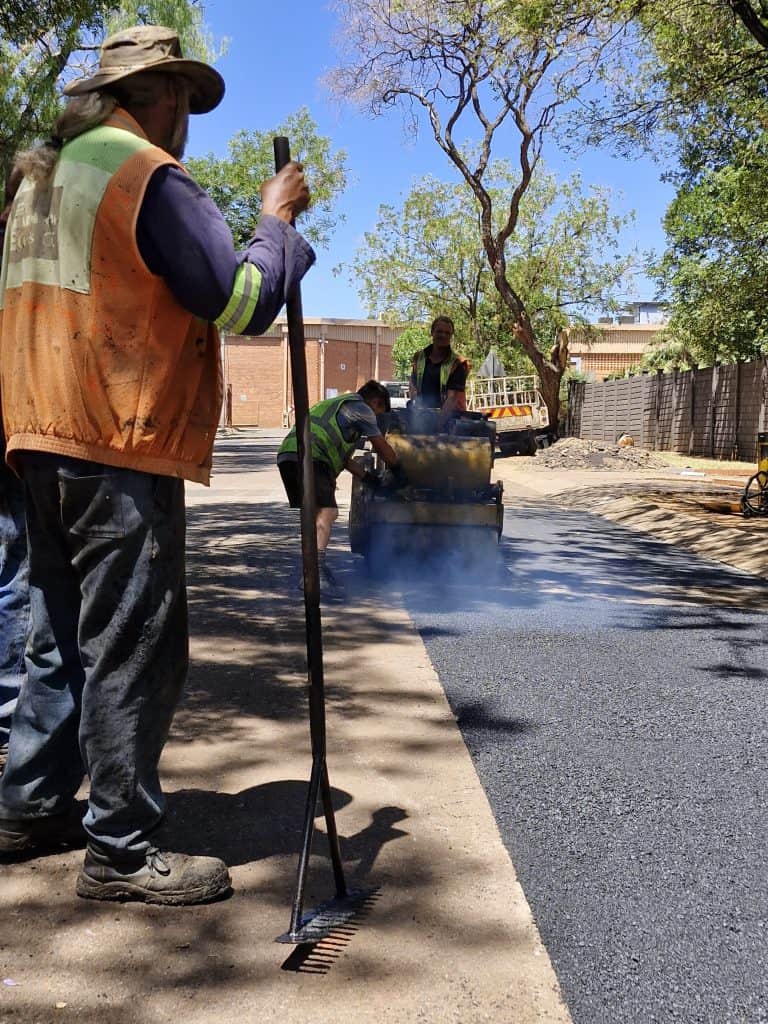
Since signing the MOU, AfriForum has already spent at least R1 million on community projects in the Metro. Some of these projects include:
- Cleaning project: Within just one month, AfriForum undertook cleaning projects in various parts of the Metro and cleaned more than 94 000 m2.
- Pothole project: This week’s pothole project in Monument Park used more than 22 tonnes of tar to repair potholes in this neighbourhood. The cost of this project amounts to more than R108 000.
- Grass cutting project: Almost 78,000 m2 of grass was cut in parks, green strips, wetlands, and road medians within one month.
- Road painting project: As part of one road painting project that was undertaken during which road markers, speed bumps, and traffic circles were repainted, 600 litres of paint were used to improve the safety of roads for motorists and pedestrians.
- Street light project: One streetlight project involved repairing about 28 km of streetlights. This repair work involves, among other things, the repair of cables and the replacement of streetlights. It makes a significant contribution to safety.
- Refuse removal: About 18 tonnes of garbage were removed through AfriForum’s refuse removal project.
Llewellynn Hemmens, AfriForum’s District Coordinator for Greater Pretoria North, states that AfriForum members’ financial contributions fund the projects undertaken in the Metro. In most cases the members also undertake the projects themselves. “Organised communities that prioritise their own interests foster an environment than not only encourages but also fosters a do-it-yourself culture. Limited resources make it necessary for expertise and energy from the local communities to be used optimally and to the benefit of the community – and this is precisely what AfriForum’s members also achieve in the Metro,” explains Hemmens.
Through the MOU, AfriForum has in the past eight months given shape to the devolution of power to the community level and the establishment of community-based federalism. Hemmens explains: “With this approach, communities take the future into their own hands and take responsibility for improving their own communities. Other parts of the world have also successfully applied this tried and tested practice.”
Hemmens maintains that, regardless of the outcome of discussions, AfriForum will continue to undertake projects for the benefit of the city’s residents. “Baseless racial criticism will not derail AfriForum. We don’t need the Metro or any political party’s permission to improve the communities in which we live. AfriForum will continue to build our communities and make them more self-reliant in the Tshwane Metro and elsewhere in the country. If the Metro does not serve our communities, we take the responsibility for it ourselves – with or without the Metro’s support,” he concludes.





